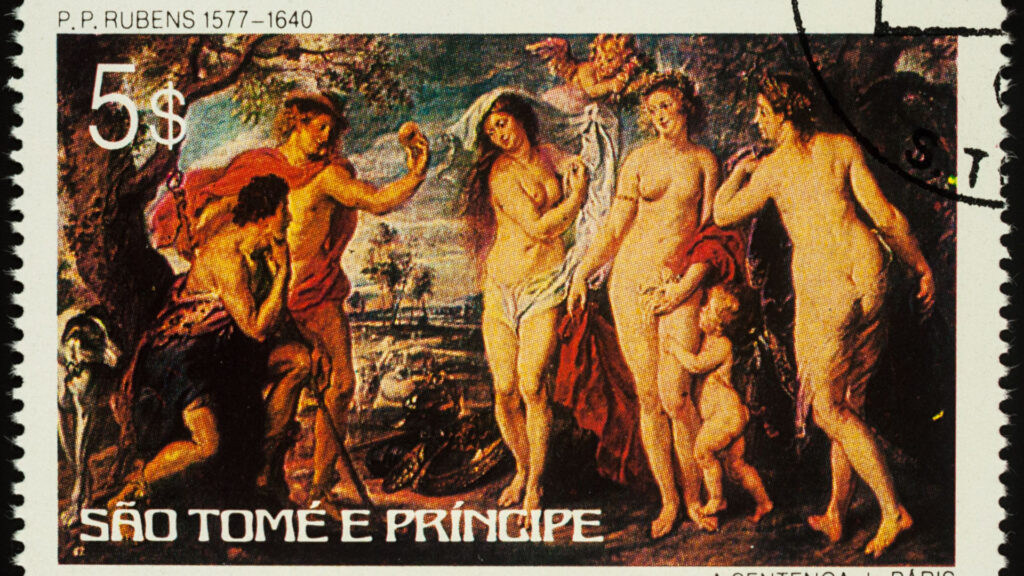We all live our lives within mythic structures, and we always will. But early on, as James Fowler states, we take these overarching stories as literally true (he names his Stage 2 “Mythic-Literal”). Then life, in ways that we can comprehend, serves up alternate mythologies. We begin to see the stories of others as genuine options for us to adopt, or to at least appreciate deeply. In that dilemma of seeing more than one story or mythic framing being as capable of leading people to experience rich and joyful lives, with strong values and a dynamic sense of purpose, we must begin to shift our perspective. We are now forced to see our myths as “value stories” rather than factual truth, and as we do so we begin to enter into a new relationship with them.
Making this shift is extremely difficult. At first, most of us want to hide or re-cocoon ourselves solely within our story as being THE right or best one. This transition toward comfort with our overarching stories and sense of the world/universe/purpose as being mythic can take a very long time. But it is a shift worth making, because all of a sudden the world and universe come alive for us in ways we can’t, in our fearful modes, imagine. Now we find ourselves playing on a much larger stage, and the call for us to embark upon the hero’s journey, the quest to overcome what scares us or holds us back, becomes louder. It is likewise only through such journeys that we can heal ourselves, which then allows us to heal the communities we are part of.
In this episode, Latter-day Faith host Dan Wotherspoon speaks with his wonderful friend Charles Randall Paul (Randy), diving deeply into the importance and value of myth (debunking any thought of it as “not true”) and the excitement of being in a broader world in which we are now able to be creators and teachers and livers of our highest values and experience harmony between our old and ever-emerging selves in ways that enliven our family and community bonds and experiences and, hopefully, model for others the boons of these journeys into the unknown that lead us back transformed in powerful ways.
Please listen to this important encore conversation, and the partners’ attempt to assist us all in “unlearning” any pejorative thoughts about myth as being less powerful or vital than “facts.” We also hope you’ll find attractive, as well, what they do in the sections that help bring alive gorgeous aspects of Mormonism’s foundational myths.
This episode was originally aired June 26, 2019. It is definitely worth revisiting!
The image above is a representation of the Judgment of Paris, a foundational Greek myth discussed in the episode.


I really enjoyed this episode and find the concept of approaching scripture through the eyes of myth very liberating.
Fiction is not false, it simply does not get bound down by the literal. In fact, fictiion often times may provide the greatest “Truth” we ever know because it frames lessons in terms of “Values”, like you guys discussed, instead of getting lost in trying to emperically prove the facts.
The Puritan pastor, Thomas Shepherd said
“Strength of reason would commonly convince my understanding that there was a God, but it was utterly insufficient to persuade my will, except by fits and starts.”
“I get the facts, but they don’t transform my heart, and please, God, allow them to transform my heart.” I think there’s a heuristic convenience to the assent. It’s a way of saying hey, I’m here, I’m with you, we’ll get through this together, but it lacks soul and transforming power.
I love the clear distinction this episode provides in religion providing the questions and answers to the “Why” questions of life, the, “what should we do with the facts to make sense of our existence”, instead of trying to battle science for higher ground.
As you guys talked, I have also frequently thought, that science and faith, in the end will be seen as allies, friends of the best kind, each serving their unique purpose. They are contraries in many ways, polarities that will only recognize their wholeness when they are brought into “At-One-ment”. They need each other to inform the other and to prevent either from becoming extreme.
Thanks so much for your work and knowledge.